欧洲的某个地方-HD中字
欧洲的某个地方-HD中字
- 主演:
- Artúr,Somlay,Miklós,Gábor,Zsuzsa,Bánki
- 导演:
- Radványi,Géza
- 地区:
- 其它
- 时间:
- 2025-07-04 20:05:39
- 年份:
- 1948
剧情:Somewhere in the remote region, the war ends. In the midst of ruined cities and houses in the streets, in rural hamlets, everywhere where people still live, are children who have lost their homes and parents. Abandoned, hungry, and in rags, defenseless and humiliated, they wander through the world. Hunger drives them. Little streams of orphans merge into a river which rushes forward and submerges everything in its path. The children do not know any feeling; they know only the world of their enemies. They fight, steal, struggle for a mouthful of food, and violence is merely a means to get it. A gang led by Cahoun finds a refuge in an abandoned castle and encounters an old composer who has voluntarily retired into solitude from a world of hatred, treason, and crime. How can they find a common ground, how can they become mutual friends The castle becomes their hiding place but possibly it will also be their first home which they may organize and must defend. But even for this, the price will be very high. To this simple story, the journalist, writer, poet, scriptwriter, movie director, and film theoretician Béla Balázs applied many years of experience. He and the director Géza Radványi created a work which opened a new postwar chapter in Hungarian film. Surprisingly, this film has not lost any of its impact over the years, especially on a profound philosophical level. That is to say, it is not merely a movie about war; it is not important in what location and in what period of time it takes place. It is a story outside of time about the joyless fate of children who pay dearly for the cruel war games of adults. At the time it was premiered, the movie was enthusiastically received by the critics. The main roles were taken by streetwise boys of a children's group who created their roles improvisationally in close contact with a few professional actors, and in the children's acting their own fresh experience of war's turmoil appears to be reflected. At the same time, their performance fits admirably into the mosaic of a very complex movie language. Balázs's influence revealed itself, above all, in the introductory sequences an air raid on an amusement park, seen in a montage of dramatic situations evoking the last spasms of war, where, undoubtedly, we discern the influence of classical Soviet cinematography. Shooting, the boy's escape, the locomotive's wheels, the shadows of soldiers with submachine guns, the sound of a whistle—the images are linked together in abrupt sequences in which varying shots and expressive sharp sounds are emphasized. A perfectly planned screenplay avoided all elements of sentimentality, time-worn stereotypes of wronged children, romanticism and cheap simplification. The authors succeeded in bridging the perilous dramatic abyss of the metamorphosis of a children's community. Their telling of the story (the scene of pillaging, the assault on the castle, etc) independently introduced some neorealist elements which, at that time, were being propagated in Italy by De Sica, Rossellini, and other film artists. The rebukes of contemporary critics, who called attention to formalism for its own sake have been forgotten. The masterly art of cameraman Barnabás Hegyi gives vitality to the poetic images. His angle shots of the children, his composition of scenes in the castle interior, are a living document of the times, and underline the atmosphere and the characters of the protagonists. The success of the picture was also enhanced by the musical art of composer Dénes Buday who, in tense situations, inserted the theme of the Marseilaise into the movie's structure, as a motive of community unification, as an expression of friendship and the possibility of understanding. Valahol Europaban is the first significant postwar Hungarian film. It originated in a relaxed atmosphere, replete with joy and euphoria, and it includes these elements in order to demonstrate the strength of humanism, tolerance, and friendship. It represents a general condemnation of war anywhere in the world, in any form.
最新更新

冰路营救
连姆·尼森,马库斯·托马斯,劳伦斯·菲什伯恩,安伯·明迪桑德,本杰明·沃克,霍特·麦克卡兰尼,马丁·桑斯梅耶,马特·麦考伊,马特·塞林格,查德·布鲁斯,亚当·哈蒂格,布拉德利·索茨基,马歇尔·威廉斯,加布里埃尔·丹尼尔斯,劳伦·科克伦,阿尔·科利,捷克琳·洛温,艾丽西亚·约翰斯顿,艾伦·默克,达西·菲尔,洛丽·帕帕佐普洛斯,Arne,MacPherson,Paul,Essiembre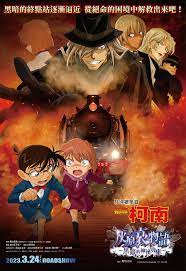
名侦探柯南 灰原哀物语~黑铁的神秘列车
高山南,林原惠美,绪方贤一,堀之纪
母亲的城堡
菲利普·科贝尔,娜莎丽·罗赛,迪迪埃·潘,泰蕾兹·利奥塔尔,朱利安·恰马卡,Victorien,Delamare,Joris,Molinas,Julie,Timmerman,保罗·克罗谢,菲利普·乌禅,帕特里克·普雷让,皮埃尔·马格隆,米歇尔·莫多,让·卡尔梅,让·雷谢夫,乔治·威尔森,让-皮埃尔·达拉斯,拉乌尔·屈雷,迪基·奥尔加多,伊丽莎白·马科科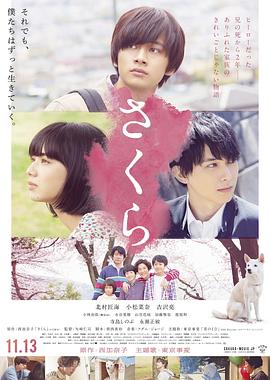
樱2020
北村匠海,小松菜奈,吉泽亮,小林由依,水谷果穂,山谷花纯,加藤雅也,趙たみ和,寺岛忍,永濑正敏
模特魅影
倪慕斯,杨骏,唐宁,李星海,饶薇,易薇,蒲美辰,梁竟依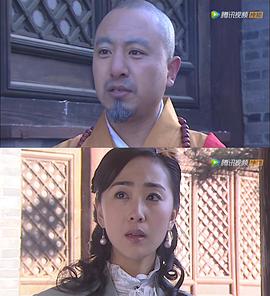
檀香迷案
吴晓丹,赵家林,刘凯菲,耿海清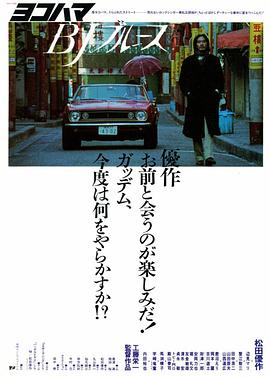
横滨蓝调
松田优作,内田裕也,田中浩二,边见麻里
欠债还钱
黄伟,李勇楠,柯黎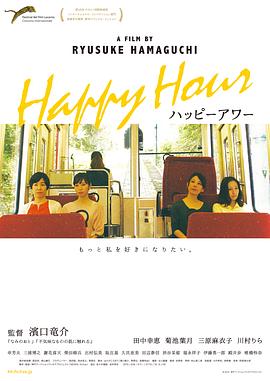
欢乐时光
田中幸惠,菊池叶月,三原麻衣子,川村莉拉,申芳夫,三浦博之,謝花喜天,柴田修平,出村弘美,坂庄基,久貝亜美,田辺泰信,渋谷采郁,福永祥子,伊藤勇一郎,殿井歩,椎橋怜奈
